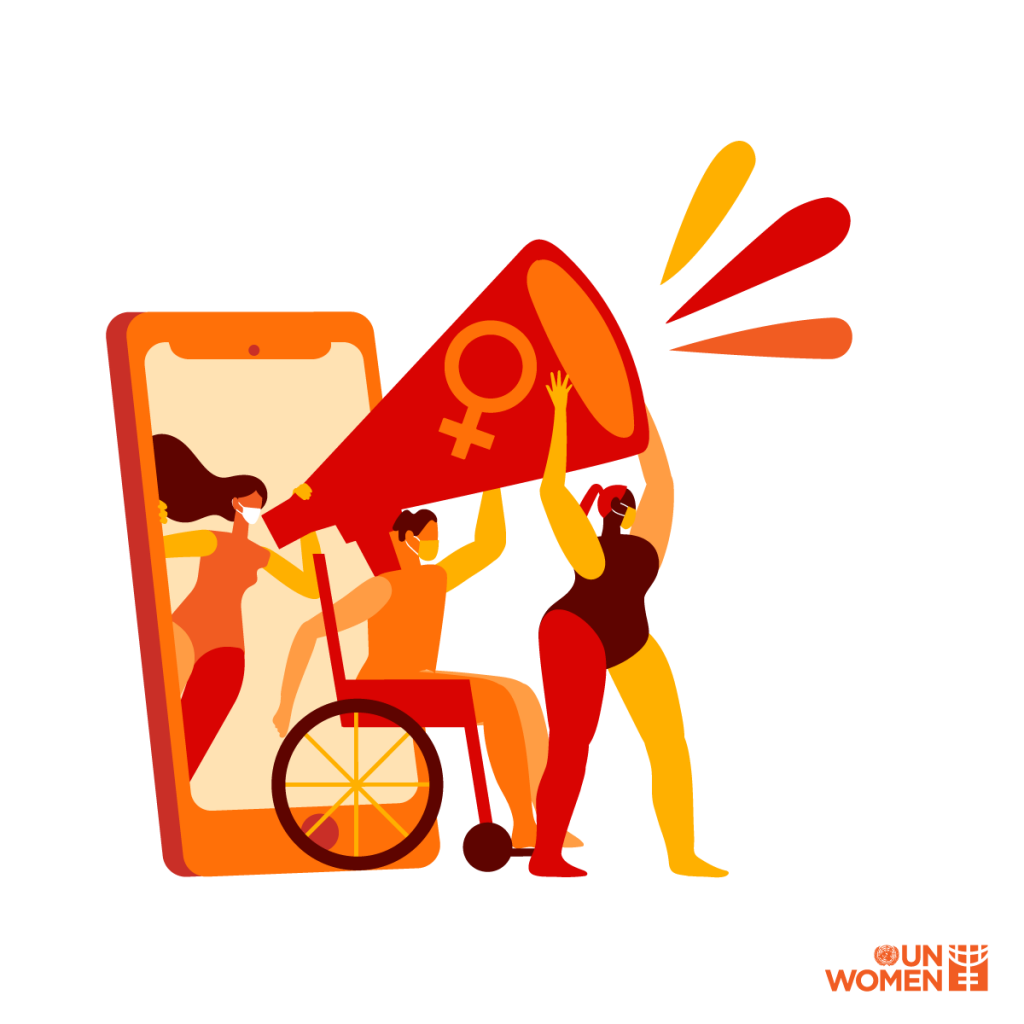
Taking a Stand Against Gender-Based Violence
Despite the adoption of the Convention of the Elimination of All Forms of Discrimination against Women (CEDAW) by the UN General Assembly in 1979, violence against women and girls remains a pervasive problem worldwide.
To that end, the General Assembly issued resolution 48/104, laying the foundation for the road towards a world free of gender-based violence.
Another bold step in the right direction was embodied by an initiative launched in 2008 and known as the UNiTE to End Violence against Women. It aims to raise public awareness around the issue as well as increase both policymaking and resources dedicated to ending violence against women and girls worldwide.
Yet, there is still a long way to go at the global scale. To date, only two out of three countries have outlawed domestic violence, while 37 countries worldwide still exempt rape perpetrators from prosecution if they are married to or eventually marry the victim and 49 countries currently have no laws protecting women from domestic violence.
A Day for the Elimination of Violence Against Women
Women’s rights activists have observed 25 November as a day against gender-based violence since 1981. This date was selected to honour the Mirabal sisters, three political activists from the Dominican Republic who were brutally murdered in 1960 by order of the country’s ruler, Rafael Trujillo (1930-1961).
On 20 December 1993, the General Assembly adopts the Declaration on the Elimination of Violence against Women through resolution 48/104, paving the path towards eradicating violence against women and girls worldwide.
Finally, on 7 February 2000, the General Assembly adopts resolution 54/134, officially designating 25 November as the International day for the Elimination of Violence Against Women and in doing so, inviting governments, international organizations as well as NGOs to join together and organize activities designed to raise public awareness of the issue every year on that date.

